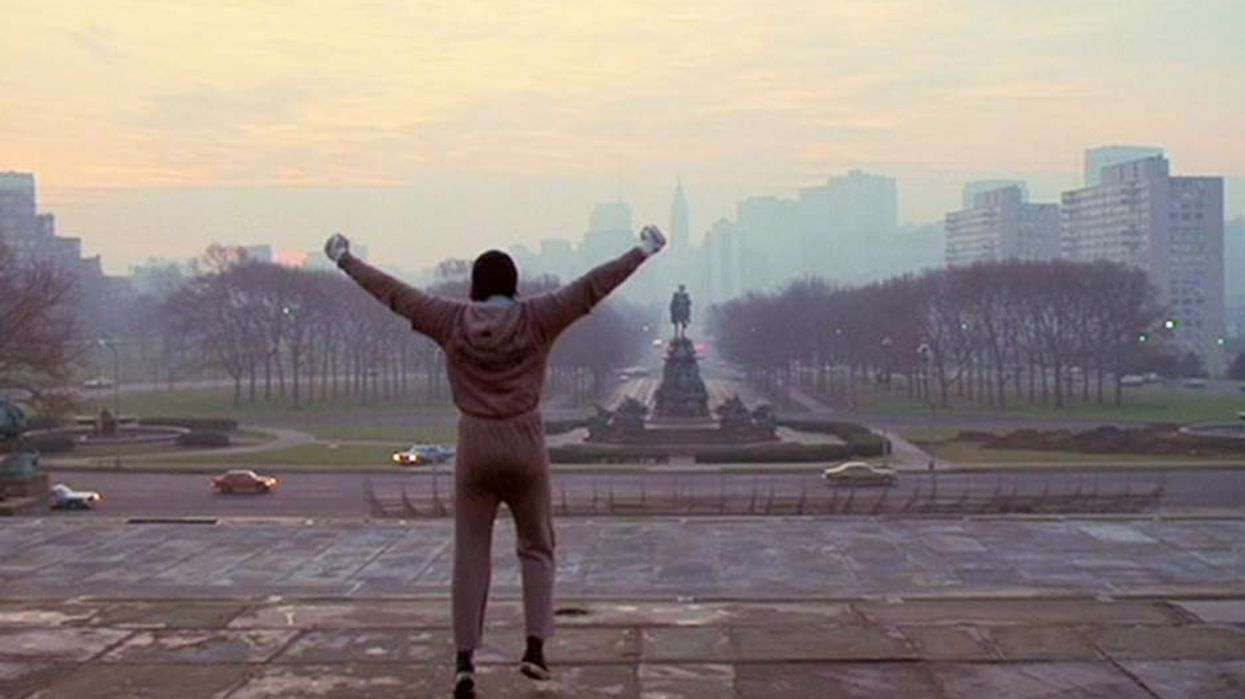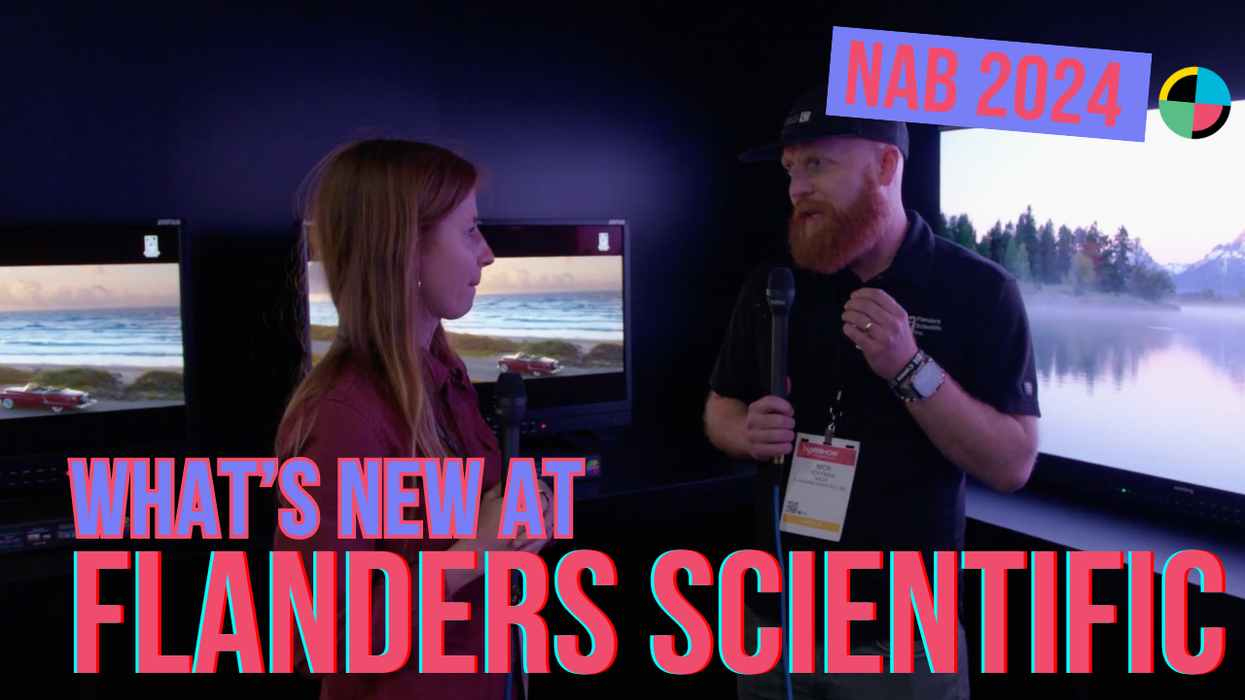4 Tricks to Grow Your Creative Confidence and Make Progress on Your Movie
Need a creative kick in the pants? Here are 4 effective strategies for getting creative work made.

Making movies is a vulnerable and sometimes difficult process. It requires you to reach inside, assemble your thoughts and ideas, and then put them out into the world for others to experience and respond to. Of course, one of the biggest requirements of the process is creativity, the cultivating of which takes time, thought, energy, and sometimes even courage. And what is the one key trait that underlies all of it? Confidence.
Unfortunately for many of us, confidence is a flighty thing. It comes and goes as it pleases. And sometimes it goes away for long stretches of time, leaving us to wonder if it will ever come back. Those are the times when you have to fake it. Which is possible, of course. Even necessary. But it’s also exhausting and not a sustainable approach to a creative life.
Insecurity thrives in private. Get your work out there.
While there may be no way to completely iron out the ups and downs of creative confidence, here are a few tricks you can try to help it stick around more than it goes.
1. Create a lot of work, no matter how small
There are times when creative insecurity goes from exhausting to debilitating. This typically occurs when it attaches itself to one particular project and there’s too much weight on it. When we only allow ourselves to do a limited amount of work—usually for our clients—it puts a lot more pressure on those projects. But if you can commit to doing smaller things (take a photo, write a story, sketch something small, etc.) and do those things more often—every day, even—that will begin to spread out the “pressure” of your work over dozens or even hundreds of projects, rather than just a handful.
It probably won’t happen overnight, but as you begin to do more work, the pressure of each piece will dissipate, the stakes will be lowered, and you’ll start developing the confidence of having done something a hundred times rather than only a few times.

2. Share early and often
Sometimes we are bad judges of our own work. This is especially true about whatever you’re working on right now. It can be tough to see what’s great about it, only seeing its flaws. (Or, on the flip side, see only its greatness.) As writer Annie Dillard puts it: “No matter how experienced you are, there is no correlation, either direct or inverse, between your immediate feelings about your work’s quality and its actual quality. All you can do is ignore your feelings altogether. It’s hard to do, but you can learn to do it.”
"There is no correlation between your immediate feelings about your work’s quality and its actual quality."
One way to help quiet the voices inside your head is to listen to the voices outside your head. Namely, other people. Show them your work. Get their perspective. Even if it’s negative, hearing the thoughts of others can help clear the fog that comes with a lack of creative confidence. Insecurity thrives in private. Get your work out into the open and see if your confidence doesn’t flicker back to life.
3. Own your failures
We learn early on to hide our failures. We sweep our unsuccessful Kickstarter campaigns under the rug. We keep our rejected screenplays in a randomly named folder buried deep within our document archives. Denial is not a bad strategy. Except that by hiding our failures, we give them power. Tom and David Kelley, the guys behind IDEO and the uncontested authorities on creative confidence, explain: “Acknowledging mistakes is also important for moving on. In doing so, you not only sidestep the psychological pitfalls of cover-up, rationalization, and guilt; you may also find that you enhance your own brand through your honesty, candor, and humility.” The more willing you are to share your failures, the less power they will have. Soon, they’ll stop mattering much at all. And when failures stop mattering, your confidence will rush back in to fill the space.

4. Join a community
It isn’t good for creatives to be alone. We get too deep inside our own heads. We have a history of mental illness. It’s safer to travel these roads in packs. Which is why, if you struggle with creative confidence, maybe you need to surround yourself with other people who are making things too. There is a confidence that comes from being accepted in a group, having people know you and your work, and believing you aren’t doing this on your own. And good news: There are tons of groups that exist solely for this purpose.
Take the Brooklyn Filmmakers Collective, for example: “Filmmaking can be a really isolating process, especially for those of us interested in nontraditional approaches,” Founder Landon Van Soest (For Ahkeem) told us. “We pour ourselves into projects that often span several years, with precious little outside support and no guarantee that anyone will ever see our work. So it’s easy to get lost in yourself. Having a community around you to support and push and challenge what you’re doing is essential for me, and I think it’s why so many people flock to places like Brooklyn to do creative work.”
If you want to restore your creative confidence, it might be as simple as grabbing an occasional beer with people who know what you’re going through. And of course, there are always virtual communities like this one right here if you don't live somewhere within reach of other creatives.
What are your best strategies for kickstarting creativity? Let us know in the comments.
Will Meier is the content director at Musicbed , the music licensing site for filmmakers, brands, ad agencies and TV studios, where he leads the company’s branded content, social media and marketing initiatives. Since joining Musicbed three years ago, Meier has helped foster a strong creative environment for his team, with a goal of maintaining a consistent and resonant brand voice in the music and film industries. He lives in Fort Worth with his wife, Claire.

 No Film School's coverage of
No Film School's coverage of 









